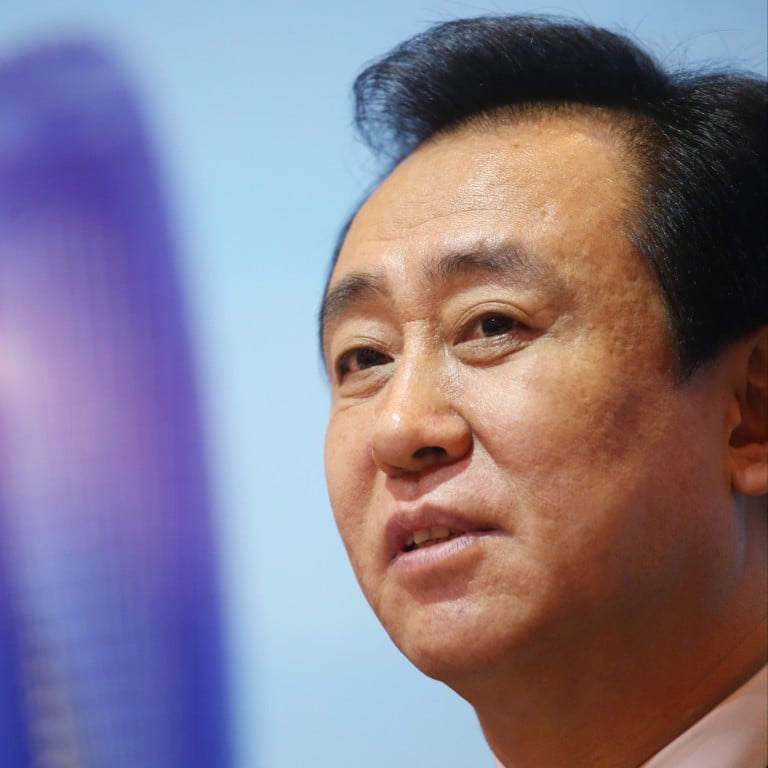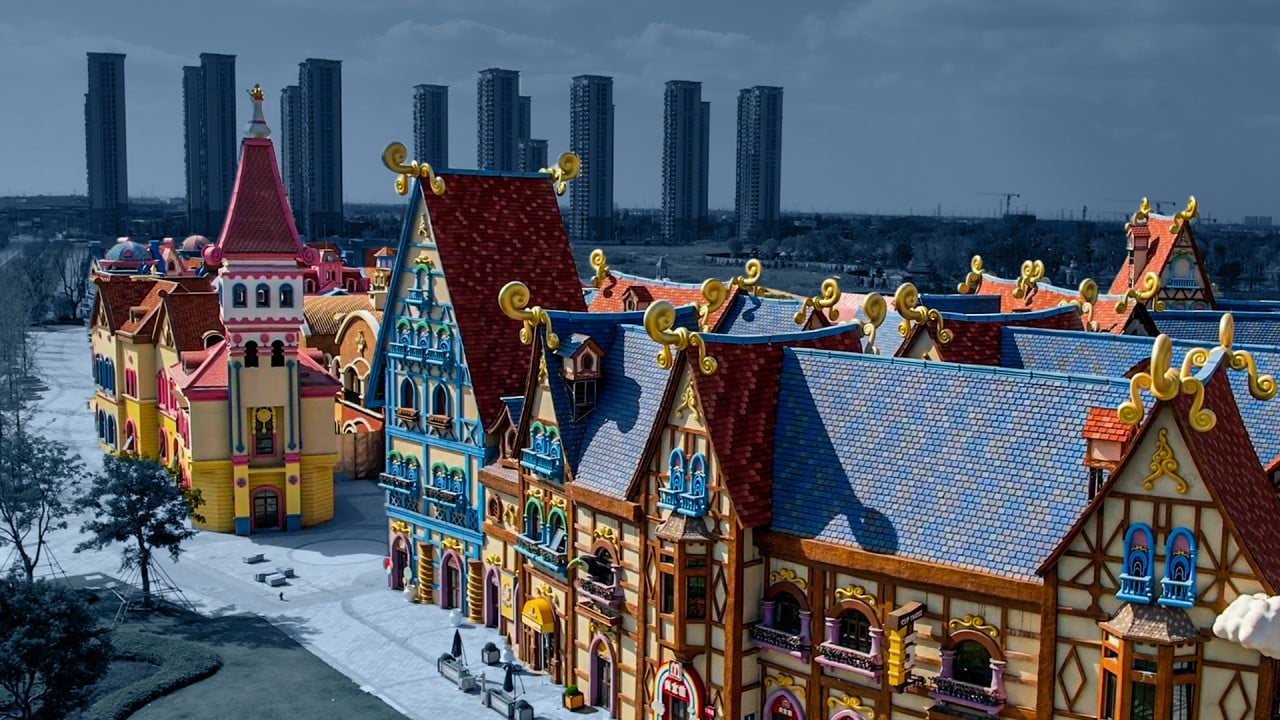
What’s next for Hui Ka-yan after China slaps Evergrande with a US$583 million fine and bans him from the markets for life?
- Hui Ka-yan, the founder and former chairman of the Guangzhou-based company, was fined 47 million yuan and banned from China’s capital market for life
- Six other current and former Evergrande executives have been slapped with penalties of between 200,000 yuan and 15 million yuan
China’s securities regulator fined China Evergrande Group and barred its founder from the capital markets for life, sending a warning shot against financial crimes after a blow up forced the government to intervene and extend lifelines to other developers and protect homebuyers.
The China Securities Regulatory Commission (CSRC) penalised the insolvent developer 4.2 billion yuan (US$583.4 million), saying the group inflated its sales by 564 billion yuan in the years preceding its eventual collapse. It also fined Hui Ka-yan, the group founder and former chairman, 47 million yuan and barred him from accessing the capital markets for life, it added.
Six other current and former executives of the Guangzhou-based home builder were slapped with penalties of between 200,000 yuan and 15 million yuan, the CSRC said.
The punishment added fresh signals from Beijing barely days after it warned against financial shenanigans and other excesses. China’s housing market slump since 2020 has saddled homebuyers with unfinished projects and inflicted losses on retail stock investors.
“The depth of the alleged fraud is shocking, but should not significantly impact the company or its creditors,” said Brock Silvers, managing director at Kaiyuan Capital in Hong Kong. “The recent liquidation order probably encouraged authorities to address Evergrande’s situation before liquidators do so.”
Evergrande’s founder Hui Ka-yan faces ‘mandatory measures’ for alleged crimes
Its collapse also wiped out as much as US$52.8 billion of market value from the company since its share price peaked at HK$31.55 in Hong Kong in October 2017. Authorities detained Hui in September last year for unspecified crimes. Apart from Evergrande, Chinese junk-rated developers defaulted on more than US$160 billion of offshore bonds from 2020 to 2023, Goldman Sachs estimated.
Hengda Real Estate, Evergrande’s key onshore operating unit, raised funds from outside investors based on forged financial data, according to a stock exchange filing in Shanghai. It inflated sales in 2019 by about 214 billion yuan, and 350 billion yuan in 2020, it added.
“Hengda is not an individual case in this situation, and companies should proactively self-regulate as the CSRC is expected to ramp up its crackdown in the future,” said Yan Yuejin, director of the Shanghai-based E-house China Research and Development Institute.
The harsh penalty reflects the irregularities and breaches that have emerged in China’s property sector over the past few decades as a result of rapid expansion, he added.
China’s once-mighty developers face brutal years after end of ‘golden age’
Evergrande has more than 1,200 projects at different stages of progress, ranging from near completion to under construction, according to its 2022 annual report. Many of its peers are also struggling with sales as homebuyers became cautious as a liquidity crisis infected more developers.
“The regulator sets a higher bar and expectations on how to run a business in mainland China,” said Philip Law, China’s real estate industry leader with Deloitte. “Even though accounting standards may be fulfilled, the basic principles of business and accounting should not be violated.”
Additional reporting by Li Jiaxing and Mia Castagnone




